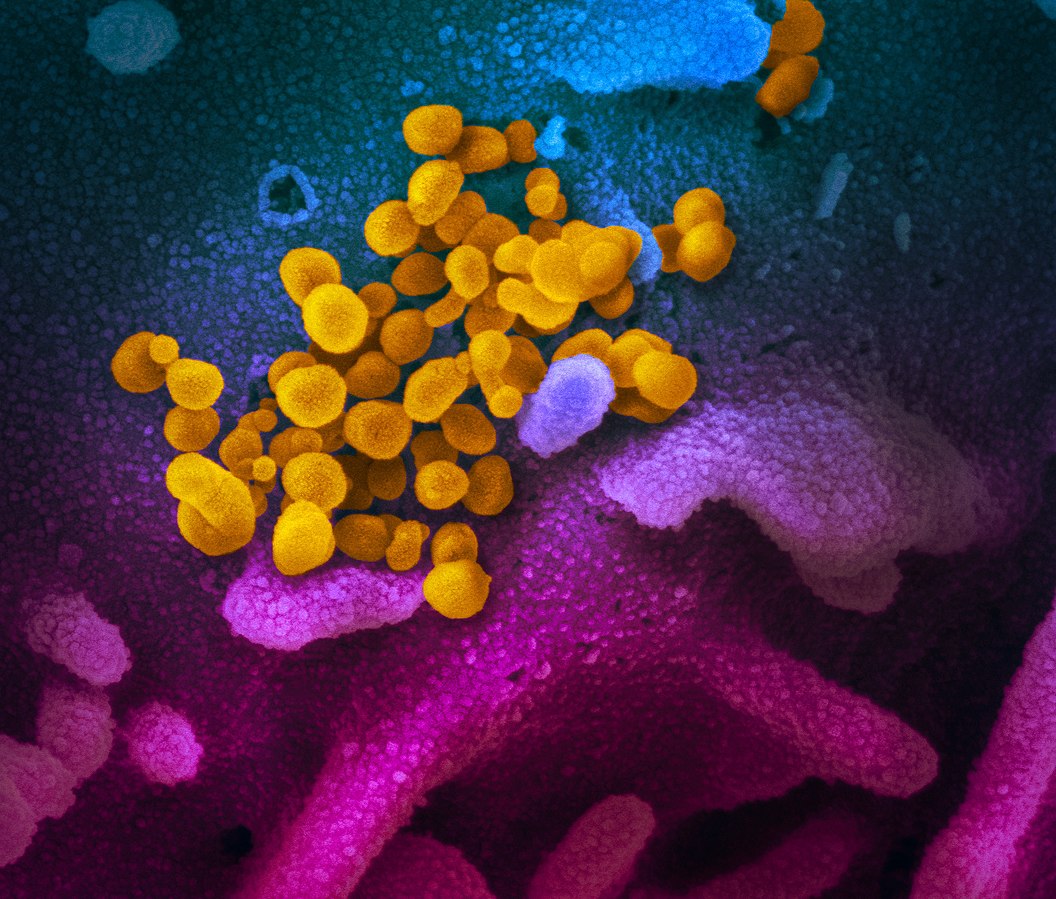Expert 'optimistic' over COVID-19 vaccines after Moderna data reveal

There are reasons to be optimistic over the cutting-edge mRNA vaccines being developed to end the COVID-19 pandemic, according to an expert in the field.
In an interview with pharmaphorum, Professor Colin Pouton from Australia’s Monash University Institute of Pharmaceutical Sciences (MIPS), took time out to discuss the recent data package outlined by US-based Moderna and its front-running mRNA vaccine candidate.
The early data announced by Moderna earlier this week showed that its COVID-19 vaccine is capable of producing neutralising antibodies against the SARS-CoV-2 virus that causes the disease.
But results were only from a handful of patients, and at the time that Moderna published results only four were confirmed as producing antibodies capable of neutralising the virus.
It’s understandable that Moderna hurried out the results given the intense pressure to produce a vaccine against the virus, but Pouton said the interim data left many questions unanswered.
Pouton, who is leading research into mRNA-based COVID-19 vaccines in Australia, said: “The reason there has been pushback after the Moderna announcement is mainly because the data was not presented as an adequate scientific package – i.e. data that could be examined by independent scientists.
“There is obviously strong interest in the data and it raised questions. The antibody titres were compared with levels in sera from convalescent patients who have recovered from COVID-19. This is a good idea but some studies have reported differences between convalescent patients, so without the data it is difficult to interpret.
“Regarding the question of whether the antibodies are neutralising: Moderna only had this information for the first four patients in each of two dose cohorts. These sample sizes are really too small to draw any conclusions. We will have to wait for more data to be released.”
In the hurry to find vaccines against the coronavirus, mRNA technology is one of several cutting edge techniques being used, and of the eight COVID-19 vaccine candidates already in clinical development, two involve mRNA technology.
Unproven in humans, mRNA vaccines work by using the body’s own cellular machinery to code for proteins found on the surface of the coronavirus – in most cases the “Spike” protein it uses to latch on to cells and infect them.
In theory this will encourage the body to make antibodies that latch on to the surface of the coronavirus and neutralise it, and while Moderna’s data suggest this could be possible the truth will only be discovered in a large-scale trial due to start in the coming months.
Pouton said that so far mRNA vaccines and other pharmaceutical products appear to be safe.
He added: “Confidence in relation to efficacy comes primarily from mouse studies against other infections, and one recent published study using a COVID-19 vaccine. There is the possibility that the COVID-19 vaccines will hit unexpected complications in humans which will require redesign of the vaccines. But I think there is good reason to be optimistic.”
Aside from the eight COVID-19 vaccines in trials, a regularly updated tally maintained by the World Health Organization shows more than 100 are in pre-clinical development.
There are already reports that the virus causing COVID-19 has begun mutating and if an altogether new strain emerged that would require vaccines to be re-engineered.
Pouton concluded: “Although there are several reports of changes in the viral genome, these are the minor mutations that are expected as an RNA virus circulates.
“The consensus is that SARS-CoV-2 is quite a stable virus, as are other coronaviruses, so that when effective vaccines arrive they should be useful against COVID-19 for some time.”












